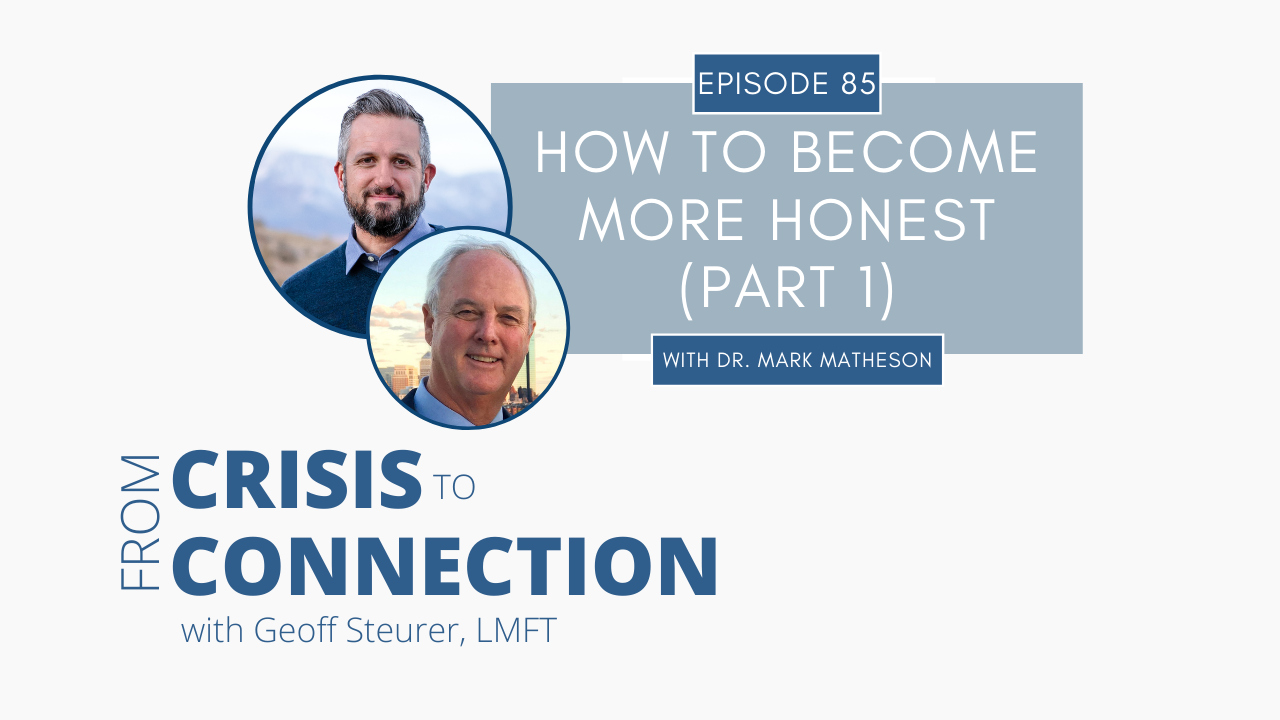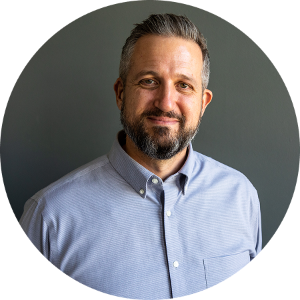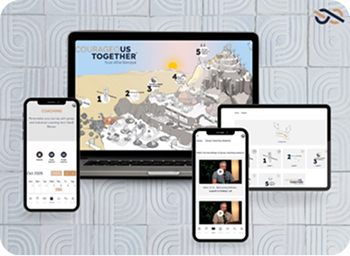
From Crisis to Connection: Dr. Mark Matheson - How to become more honest (part 1) - Episode 85
In this episode, I interview Dr. Mark Matheson on the topic of honesty and how we can become more honest in our dealings with other people.
Connect with me on social media:
www.instagram.com/geoffsteurer/
www.facebook.com/GeoffSteurerMFT
Visit www.geoffsteurer.com for online courses and other supportive resources.
Dr. Matheson has an MBA from Harvard and a doctorate in organizational leadership from UoP. From 2010 to 2019 Brother Matheson taught at BYU-Hawaii and Southern Virginia Universities. Before his retirement, he has been a partner and senior analyst with three investment banks. He was also an Adjunct Professor for four years and guest lectured at eight other universities. He taught at BYU Education Week for four years, seminary for five years and for the last seventeen years, when he is in Utah, he has served as a volunteer teacher serving the Utah State Prison. He loves to mentor young adults as they face multiple important life decisions. He posts thought-provoking ideas daily under the titles @ScriptureAnalyst and @ConferenceAnalyst, the same on both Instagram or Facebook.
Five preliminary basic steps in improving honesty:
1) Perceive Dishonesty as a Threat to the Well-Being of Your Family
2) Seek to Understand Why You and/or Your Family has Dishonesty Issues or Events
Here are two practices you can do now to analyze your level of honesty:
**Conduct an Honesty Inventory for a day or a week- keep a pad and pen with you and see if you can tally how many honesty situations you are in or how many times you lied.
**Do a Personal Honesty Assessment Reflect on your life and see where you have perhaps cut corners now or in the past.
3) Develop a Personal Commitment to Honesty
Here are some self evaluation questions I use:
Ask: Is honesty for you always a priority or only when someone calls you on it?
Ask: Is honesty a proactive core characteristic of the way you conduct your life or is dishonesty the ‘default’ mode?
Ask: Are we usually honest mainly when it is not inconvenient ? Is our internal consistent with our external?
4) As We Develop a Vision of Honesty for Your Family and the World
5) Trust in Positive Outcomes of Honest Behavior
--Believe that honesty is the best long term course of action.
--Believe that honesty is rewarded in the Long-run; not always in the short-run.
-- Honesty skills need to be tested over time and under stress.
I Found Two Related Core Traits of Honesty: Sacrifice & Humility
1) Sacrifice to Uphold Honesty
Admit mistakes even when it costs something significant.
You have to be prepared to walk away from profitable but dishonest dealings.
2) Embrace Humility as a Guard Against Dishonesty
Much dishonesty stems from attempts to limit ego damage.
We can improve in this by some simple actions:
Accepting feedback from others
Acknowledging error



